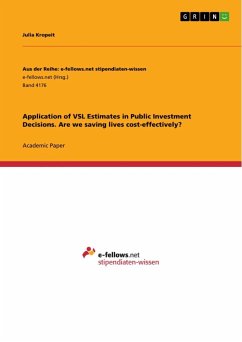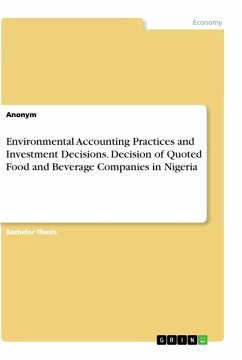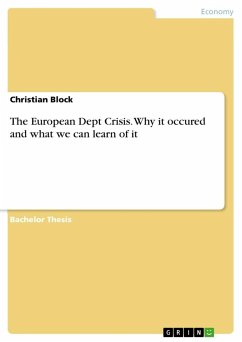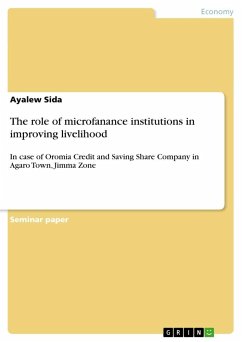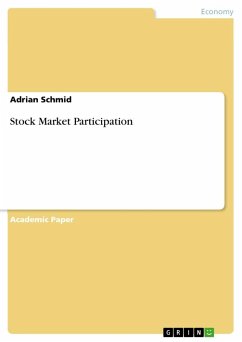Academic Paper from the year 2012 in the subject Business economics - Investment and Finance, grade: 1,3, Hertie School of Governance, course: Limits of Rationality, language: English, abstract: This essay will argue that the "values of statistical lives" (VSL) should be seen as a tool that serves to make the implicit trade-offs inherent in any public investment decisions visible and explicit, and thereby allows, given a set of conditions, for a reasonable comparison between competing policy choices. For policymakers in the U.S., Canada, and the UK, it has long been engraved in their operating instructions to provide and consider an estimation of the "value of lives" affected by new policy measures. Outside of public offices and particularly in continental Europe, attributing monetary values to human lives and trading them off with the necessary costs to save them is an idea likely to awakes moral inhibitions. Can we put a price-tag on human life? Can the value of an individual be expressed in monetary terms? And, should we even attempt to do so? Many will fiercely reject these questions, based on the firm belief that human life is worth more than money can buy. But, surprisingly to some, it is a rejection that American, Canadian, and British policymakers might be opposed to in just the same way, yet without refuting the justification of the estimates of "values of statistical lives" (VSL). Governments, inevitably, make life-or-death decisions. Their policies and regulations change the fatality risk exposure of their citizens, ranging from the prescription of safety standards in automobiles to restrictions on hazardous waste disposal. Thereby, policy decisions for or against certain regulations either save or sacrifice ¿statistical lives¿ ¿ the lives of previously unidentified people.
Hinweis: Dieser Artikel kann nur an eine deutsche Lieferadresse ausgeliefert werden.
Hinweis: Dieser Artikel kann nur an eine deutsche Lieferadresse ausgeliefert werden.

